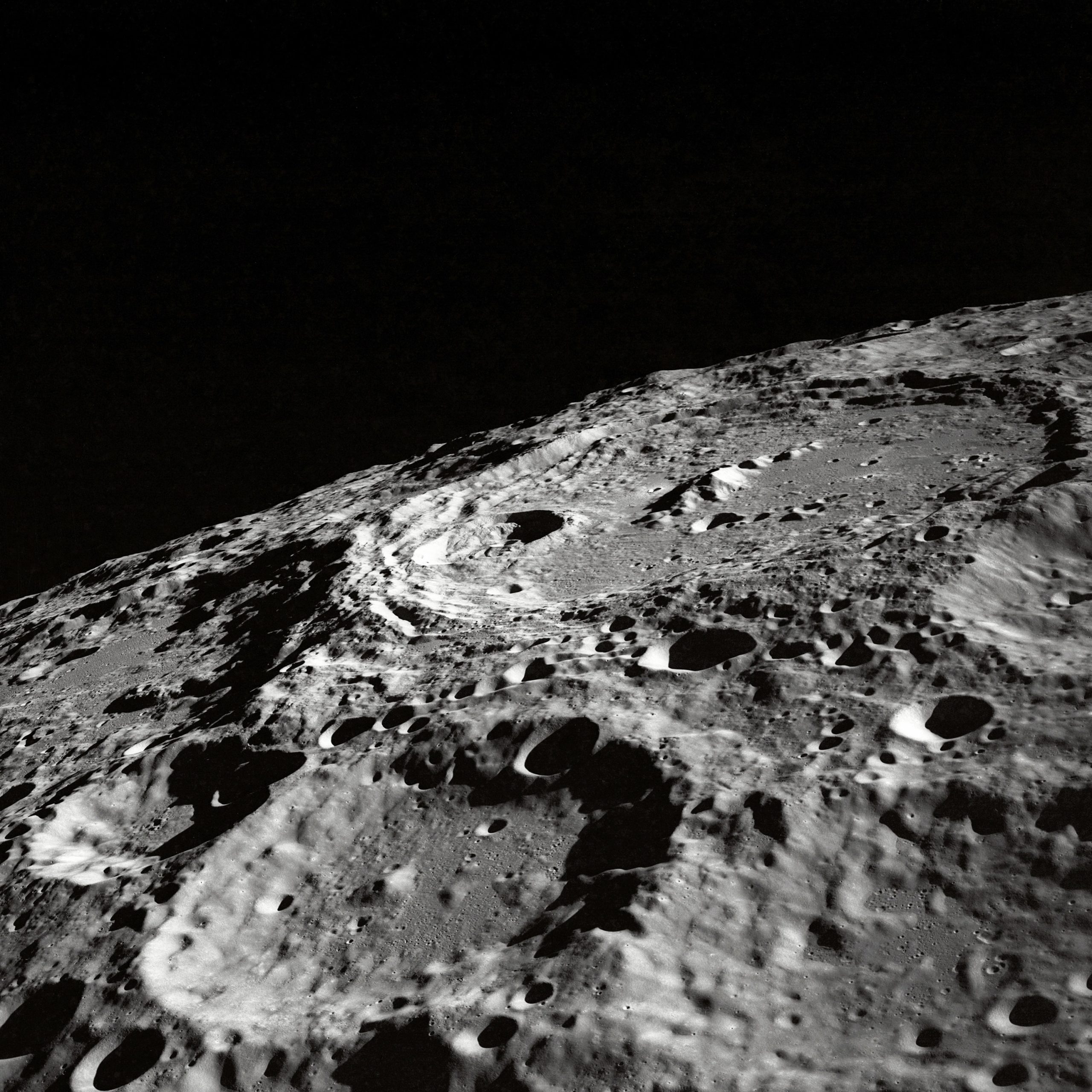Why Sidereal Astrology is Wrong
Astrology has been a subject of fascination for centuries. People have long sought answers about their personalities, relationships, and future based on the positions of celestial bodies. While many different approaches to astrology exist, one controversial method is sidereal astrology. Sidereal astrology is a system that differs from the more commonly known tropical astrology in its calculation of the zodiac signs and planetary placements. However, despite its allure, there are valid reasons to question the accuracy and validity of sidereal astrology.
The Difference between Sidereal and Tropical Astrology
Before delving into the flaws of sidereal astrology, it’s important to understand the key difference between sidereal and tropical astrology. Tropical astrology, the most widely practiced method, is based on the tropical zodiac, which aligns the signs with the seasons. The starting point for the zodiac in tropical astrology is the vernal equinox, when the Sun crosses the celestial equator, marking the beginning of spring.
In contrast, sidereal astrology uses the sidereal zodiac, which aligns the signs with the fixed stars. The starting point for the zodiac in sidereal astrology is the position of the Sun at the moment of the spring equinox, projected against the backdrop of the fixed stars. Due to the precession of the Earth’s axis, the dates associated with the signs in sidereal astrology differ from those in tropical astrology.
The Precession Problem
One of the main reasons sidereal astrology should be approached with caution is the precession problem. The Earth’s axis slowly wobbles over a period of approximately 25,920 years, causing a shift in the alignment of the equinoxes and the positions of the stars in relation to the Earth. This phenomenon, known as precession, is the reason why the starting point for the zodiac changes over time.
Sidereal astrologers claim that their system accounts for precession and is therefore more accurate. However, even though sidereal astrology adjusts for precession, it does not address the underlying issue of using a fixed starting point that becomes increasingly misaligned with the actual positions of the stars. Over time, the sidereal zodiac falls out of sync with the observable positions of the celestial bodies it claims to represent, making its accuracy highly questionable.
No Empirical Evidence
Another fundamental flaw of sidereal astrology is the lack of empirical evidence to support its claims. Despite centuries of practicing astrology, no controlled scientific studies have been able to establish a definitive link between celestial bodies and human traits or events. While astrology enthusiasts may have anecdotal experiences or personal beliefs, these do not constitute valid evidence for the accuracy of any specific astrological system.
In the case of sidereal astrology, its reliance on fixed star positions and its claim of increased accuracy due to precession adjustments lack substantial scientific backing. Without supporting evidence, sidereal astrology remains a matter of personal belief rather than a scientifically validated system.
Cultural Influence and Confirmation Bias
Sidereal astrology is primarily associated with Eastern cultures, particularly India, where it is known as Vedic astrology. Cultural influence plays a significant role in shaping beliefs and practices, including astrology. It is essential to acknowledge that the acceptance and popularity of sidereal astrology are heavily influenced by cultural factors rather than scientific validation.
Furthermore, confirmation bias plays a substantial role in people’s belief in astrology. Confirmation bias is the tendency to selectively pay attention to information that confirms one’s pre-existing beliefs and values. When individuals encounter seemingly accurate predictions or personality descriptions based on sidereal astrology, they are more likely to remember and emphasize these instances, reinforcing their belief in the system. However, confirmation bias does not provide any objective evidence for the accuracy of sidereal astrology, as it disregards the instances when predictions or descriptions are inaccurate or inconsistent.
The Subjectivity of Interpretation
One of the inherent problems in astrology, including sidereal astrology, is the subjectivity of interpretation. Astrological charts contain a vast amount of data in the form of planetary positions, aspects, and transits. Interpreting this information requires personal judgment and intuition, leading to significant variations in interpretations among astrologers.
Sidereal astrology exacerbates this issue by introducing further complexity with its use of fixed star positions. Different astrologers may employ different methods to calculate and interpret sidereal charts, resulting in conflicting readings and predictions. This lack of consistency and agreement among practitioners diminishes the credibility of sidereal astrology as a reliable system.
In Conclusion
Sidereal astrology claims to be a more accurate alternative to tropical astrology by accounting for precession and aligning with fixed star positions. However, its flawed understanding of precession, lack of empirical evidence, cultural influences, confirmation bias, and subjective interpretations all contribute to its lack of credibility. While astrology can be an engaging and thought-provoking subject, it is essential to approach it with a critical mindset, relying on scientific evidence and logical reasoning rather than unsupported claims and personal biases.
Table of Contents
